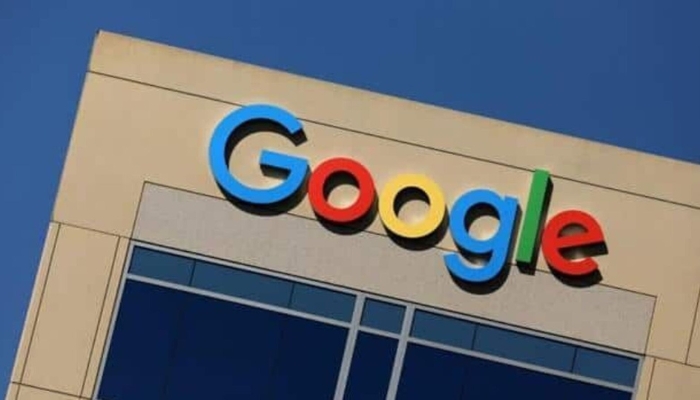
Last updated on April 4th, 2024 at 07:48 am
The decision follows a Swedish court ruling that notifying website owners about delisted content breaches privacy
Google has silently discontinued its practice of notifying publishers about the removal of websites from its search results under the European “right to be forgotten” regulations. This change comes following a Swedish court ruling, which Google is applying globally.
Previously, when an individual requested the removal of records about them under EU data protection laws, Google would notify the publisher of the original articles.
Media companies, such as the Guardian, are mostly exempt from these regulations, but links to journalistic content can still be removed from databases, including those of search engines.
Now, Google only informs publishers that a URL has been removed, without providing further details on what or why.
This situation leaves journalists without the ability to identify cases where the right to be forgotten has been used inappropriately to conceal legitimate reporting on repeat offenders, hindering their ability to challenge the most severe abuses of this right.
A Google spokesperson stated, “We implemented our new notification approach in response to a ruling by Sweden’s data protection authority. This ruling came into effect in December 2023, following the Swedish administrative supreme court’s denial of our appeal.”
We contested the ruling when it was made, but it is legally binding and aligns with regulatory guidance across the EU. Consequently, we have made a significant effort to comply with it.
One of the alterations brought about by GDPR in 2016 was to establish that decisions by national courts in the EU regarding data protection serve as precedent throughout the bloc.
In its December ruling, the Swedish court determined that notifying website owners about the removal of links to their content was a violation of the privacy of individuals exercising their right to be forgotten.
According to the International Association of Privacy Professionals, the court stated, “The administrative court, therefore, finds that an individual’s interest in effective protection of their privacy and personal data, after Google has granted the removal of a search result, generally outweighs the interests of Google until it sends messages to webmasters.”
The court also upheld a fine of SEK 50 million (£3.8 million) against Google for failing to remove URLs that it had been requested to delist.
Shortly after the initial May 2014 court ruling that established Google’s obligation to honor the right to be forgotten, six Guardian articles were removed from European versions of the search engine.
Three of these articles were related to Dougie McDonald, a now-retired Scottish Premier League referee who was found in 2010 to have lied about his reasons for awarding a penalty in a football match. The other removed articles included one from 2002 about a solicitor facing a fraud trial and another from 2011 about French office workers creating art with Post-it notes.
Over the following five years, Google received nearly one million distinct requests for content removal. Despite rejecting more than half of these requests, the search engine still delisted almost 1.5 million individual URLs.




